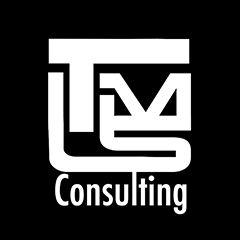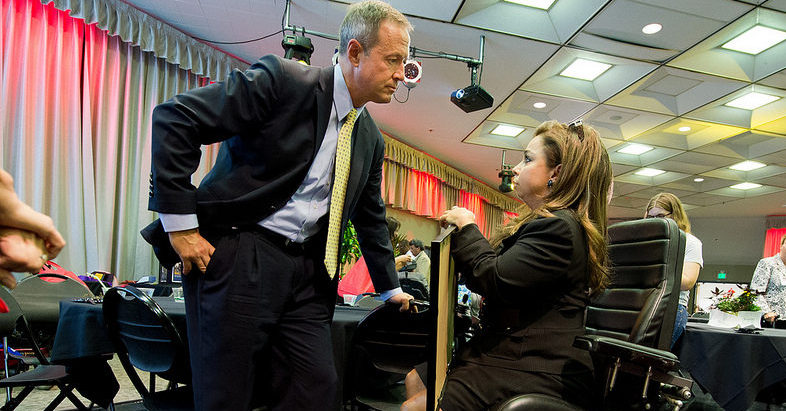July 2016: Currently, I am serving California State University – Fullerton on a two year contract as Interim Director of Disability Support Services, a department with 12 staff serving approximately 1,500 students. I am also working closely with colleagues in NASPA, as a Co-Chair of their Disability Knowledge Community, on several initiatives including: a modular webinar about EIT/digital accessibility, an “Exploring Careers in Higher Education Disability Resources” and consulting with AHEAD on its development.
Author: Tom Thompson
Welcome to TMLS Consulting!
Perspectives on Disability, Higher Education and Disability Resources! I am providing a much needed update to this web site [March 2021]. I have been working as either a Disability Resources professional or as a consultant in higher education for 40 years. I started my career as Director of Access & Disability Services at William Rainey Harper College in Palatine, Illinois. After retirement, I served as Interim Director of the Disability Resources Center at Northern Illinois University for 8 months in 2014, then as the Interim Director of Disability Support Services at California State University, Fullerton up through 2017. I have worked as a consultant to a wide variety of institutions (35-40) and have been active in AHEAD (Association on Higher Education and Disability) and in NASPA (Student Affairs Administrators in Higher Education). Since 2018, I have done more comprehensive work with five other institutions in California, Utah and New Mexico.
I have noticed some trends in my role as a Director and as a higher education consultant, including the following:
- Students using accommodations and access from Disability Resources seem to continue increasing even when general college enrollment is declining.
- Students with invisible disabilities (ADHD, LD and Psychological) have grown significantly and make up the majority of students seeking support.
- Few campuses are proactive about systemic change in accessibility, both in facilities and digital communications. In the best of circumstances, I have witnessed a few colleges that are doing great things and not just as a result of a OCR Settlement Agreement. I have two clients that I am currently working on assisting them in launching work on Digital and Instructional Accessibility.
- Resources (staffing, space, technology) are growing in Disability Resource offices, but many if not most DRS professionals are over-tasked. Administrative reviews of the DRS department are often a means of gaining more resources.
- DRS professionals are dealing with requests for accommodations that must involve consultation with faculty, those involving attendance, extensions of deadlines and use of memory sheets in testing. Clear guidelines or policies/procedures are necessary to facilitate this accommodations.
- Disability is slowly being brought into discussions and training about diversity.
I plan to post an article or blog here on a regular basis, monthly or perhaps semi-monthly. I will also be adding links to valuable resources and to other articles of interest. I would love to connect with DRS professionals and hear how you’re doing, what issues you’re facing and how I can use this web site to provide valuable resources. Email me at [email protected] if you’re interested. I plan to figure out a way for you to ‘subscribe’ to my blog posts.

